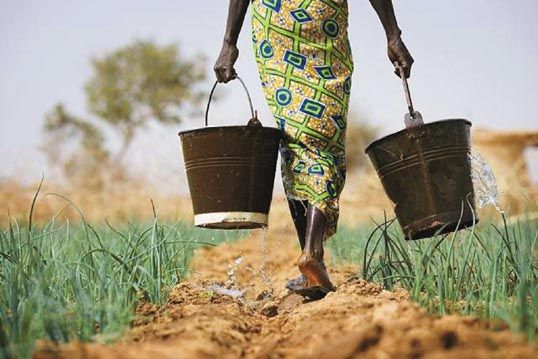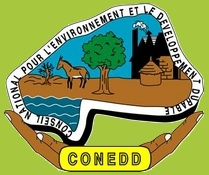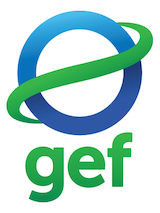Generating Global Environmental Benefits from Improved Local Planning and Decision-making Systems in Burkina Faso
Project Overview
The project aims to address the inherent complexity and challenges that development institutions face when addressing global environmental issues. It aims to catalyze the mainstreaming of multi-lateral environmental agreements into development paths and processes in Burkina Faso by addressing key capacity gaps. This is to be achieved by strengthening information management systems and by providing capacity development support to local planning and development processes.
Project Details
Signature programmes:
Thematic areas:
Level of intervention:
Key collaborators:
Implementing agencies and partnering organizations:
Burkina Faso’s National Council for Environment and Sustainable Development (CONEDD)
United Nations Development Programme (UNDP)
Global Environment Facility (GEF)
Project status:
Source of Funds Pipeline
Location:
Unspecified
Funding source:
Financing amount:
$1,067,000
Co-financing total:
$4,191,000
Key Results and Outputs
The project outcomes are as follows –
- Functioning, sustainable system for collecting, analyzing, storing and making available accurate and reliable data related to all three Rio Conventions – this will be achieved through the design of the data/information management system (Outcome 1.1); Improved protocols and standards for data collection (Outcome 1.2); The Environmental Observatory technically and materially strengthened to provide a coordinated and sustainable information collection and storage mechanism (Outcome 1.3) and; Collection of a set of cross-cutting global environment knowledge materials covering all three Conventions (Outcome 1.4)
- Enhanced institutional capacities to plan and implement development processes that contribute to implementing the Rio Convention – through development of a manual with guidelines on mainstreaming biodiversity, climate change, desertification, disaster management and wetlands management into key development planning and processes (Outcome 2.1); Training a large cadre of experts on the use of such a manual (Outcome 2.2); Practical application of the manual and guidelines to modify development programmes (Outcome 2.3); Global environmental benefits accruing from the implementation of the modified plans (Outcome 2.4) and; Legislation to formalize use of the Manual and guideline (Outcome 2.5)



